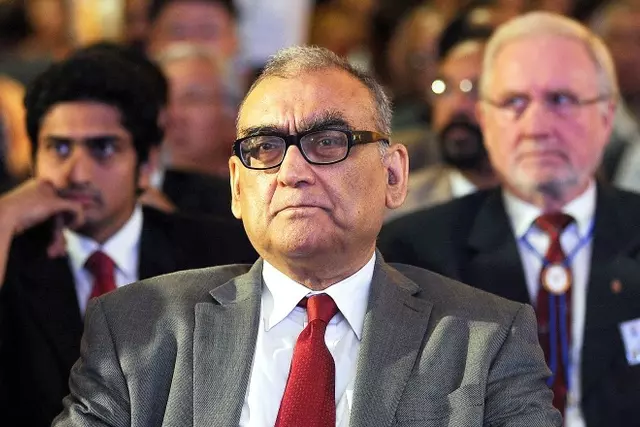The German philosopher, Friedrich Nietzsche ( 1844-1890), has been one of the most misunderstood philosophers in the world, though, in my opinion, one of the greatest. His philosophy is of particular relevance to India today.
Nietzsche wrote several books to explain his philosophy, e.g. Thus Spake Zarathustra, The Birth of Tragedy, Beyond Good and Evil, Human all too Human, On the Genealogy of Morals, etc.
His best book, in my opinion, is ‘Thus Spake Zarathustra ‘, and I have read it several times, the first time about 60 years ago in Allahabad, and the last time very recently. Every time I read it I marvel at Nietzsche’s ideas.
Nietzsche stands for very great values, which I may mention :
- Nietzsche emphasizes the value of strength, and criticizes the Christian philosophy of ‘turning the other cheek ‘, submission, pity, ascetism, and other worldliness, calling all these ‘slave morality ‘ or the ‘morality of the herd ‘.
People should be strong if they wish to live a full life, and not submit before others. So also, nations like India should be strong if they want respect in the comity of nations, and wish to give their people a high standard of living and decent lives, and they can be strong only if they become highly industrialized and modernized. - Nietzsche stands for life affirmation, in contrast to the pessimistic philosopher Schopenhauer, who represents the ‘will to nothingness’. Nietzsche’s philosophy accepts the reality of the world we live in, over the idea of a world beyond.
- He gives great importance to individual creativity, and is against conformity and mass culture ( see ‘the Way of the Creator’ in his book ‘Thus Spake Zarathustra’ ). The Creator’s life is lonely, and he often has to face great hostility by common people who are conservative by nature ( e.g. most people in India who are casteist, communal, and superstitious ), yet he does not flinch or surrender, but carries on a lonely struggle.
- Nietzsche conceives of the Ubermensch ( Overman or Superman), who is a creator of new values. The Overman does not follow the morality of the common people, since that morality favours mediocrity, and is the morality of the herd ( e.g. favouring casdteism and communalism in India ). The Overman rises above the herd, he overcomes great obstacles, engages in epic struggles ( not always successfully), pursues new goals unfamiliar to the common man, and transcends and transforms existing structures and contexts.
Nietzsche’s reputation later suffered as his philosophy was hijacked by Hitler and the Nazis for their own propaganda, using his concept of ‘ ubermensch ‘ ( overman or superman) as meaning the Aryan race, and treating Jews etc as undermensch ( inferior people ), though Nietzsche’s meaning of this concept was totally different from what the Nazis attributed to it.
This hijacking by the Nazis of Nietzsche’s philosophy was for their own fascist propaganda. In this hijacking his sister, Elizabeth Forster played an important role. Elizabeth was married to a rabid anti-semite Bernard Forster, and she supported Hitler after he came to power in 1933.
In fact Nietzsche abhorred anti-semitism, and his concept of ‘Overman ‘ was totally different from that of the Nazis. The first President of Israel, Chaim Weizman, was a great admirer of Nietzsche. - Nietzsche had made a deep study of Greek drama and Greek philosophy. In the ‘ Birth of Tragedy ‘ he deals with the Apollo-Dionysius dichotomy. Apollo is the Greek god representing reason, clarity, harmony and progress. In contrast, Dionysus represents passion, intoxication, emotion and ecstasy.
Nietzsche believed that both these forces are necessary, and it is by the interplay of these two contrasting forces that human progress takes place in history. Thus, the two great creators of modern Europe, Voltaire and Rousseau, represented these two forces, Voltaire emphasizing on reason, and Rousseau on emotion.
India, too needs both rationalism, to scientifically understand the situation and to devise our future path and methodology for the coming mighty historical people’s struggle ahead which will transform India into a modern industrial giant, and the passion which will be needed to motivate our revolutionary patriots to wage this struggle, despite personal risks and dangers.




